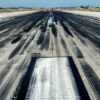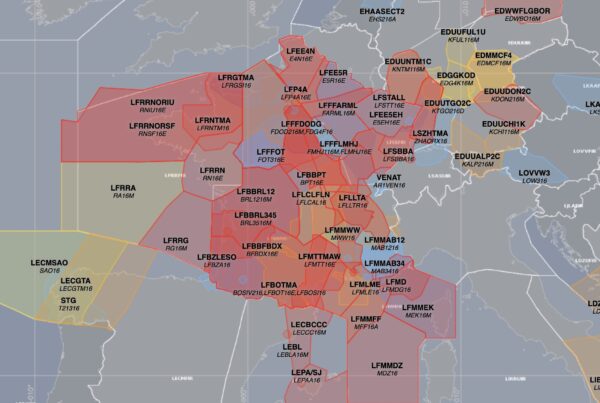Just the facts:
– The US has banned devices larger than a smartphone in the passenger cabin from 10 departure airports:
- HECA/Cairo International Airport (CAI),
- OJAI/Amman – Queen Alia International Airport (AMM)
- LTBA/Istanbul – Ataturk International Airport (IST),
- OEJD/Jeddah – King Abdul-Aziz International Airport (JED)
- OERK/Riyadh – King Khalid International Airport (RUH)
- OKBK/Kuwait International Airport (KWI)
- GMMN/Casablanca – Mohammed V Airport (CMN),
- OTBD/Doha – Hamad International Airport (DOH)
- OMDB/Dubai International Airport (DXB)
- OMAA/Abu Dhabi (AUH)
– The TSA has published a Q&A
– The United Kingdom followed with a similar ban, specific to airlines. Read the BBC article.
– The nine airlines affected by the U.S. ban were notified of the procedures by the Transportation Security Administration at 0300 ET Tuesday and must comply within 96 hours, ie by 0300 Saturday morning.
– Intelligence showed credible evidence of a development of a bomb hidden in portable electronics.
– Two additional American officials, speaking anonymously, said the explosives were designed to be hidden in laptop batteries.
For non-airline/non-scheduled operators
- Private flights: no impact
- Charter flights (by Airline): unless operated from the points of departure listed, by the airlines notified, charter flights are not impacted.
- Charter flights (Business Aviation): not impacted. Closed-charter flights where passengers are known to each other are a much lower risk, and a small aircraft with 10 people on board falls outside the primary target threat area.
- Ferry flights: no impact
More reading:
- Latest: Delays and Diversions at TNCM/St Maarten
- Latest: World Cup 2026 Ops Guide – USA, Mexico and Canada
- Latest: FAA Warns on Runway Length Data and Overrun Risk
- Safe Airspace: Risk Database
- Weekly Ops Bulletin: Subscribe
- Membership plans: Why join OPSGROUP?











 Get the famous weekly
Get the famous weekly 




